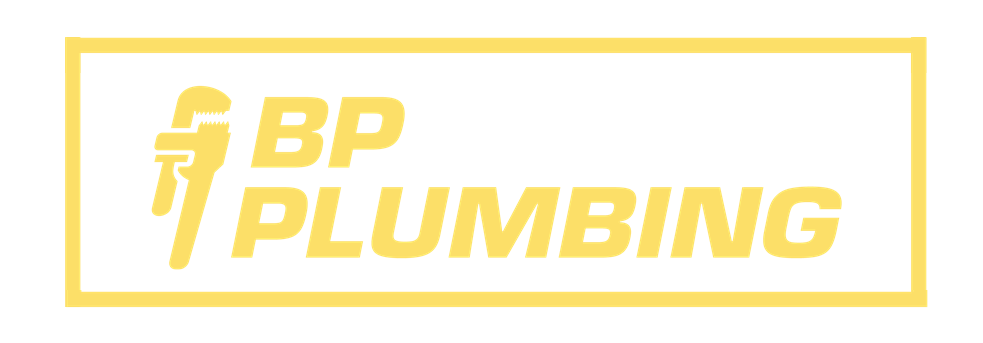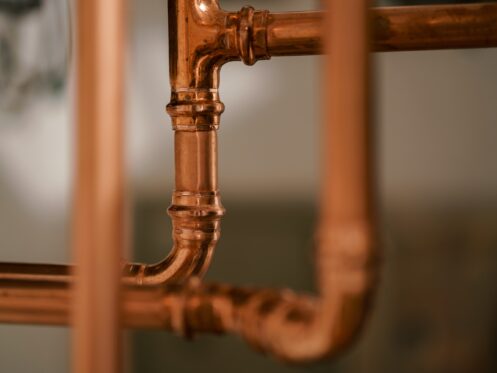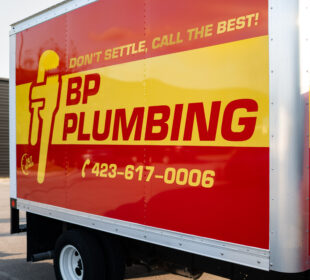Although winters in Chattanooga, TN tend to be mild, freezing temperatures can still cause pipes to freeze during the colder months. Several factors contribute to burst pipes, including cold outdoor weather, low indoor temperatures, existing plumbing damage, and more. Let’s take a closer look at the risks of frozen pipes and how to prevent costly repairs from burst pipes.
The Risks of Frozen Pipes
When water freezes inside your pipes, it expands, putting pressure on the pipe walls. This stress can cause pipes to crack or even burst completely. Even if you catch the issue quickly, the resulting water damage can be extensive, destroying walls, flooring, and compromising the structural safety of your home.
Burst pipes also create ideal conditions for mold growth. Mold thrives where water collects, and exposure to mold can lead to serious health issues like headaches, inflammation, nausea, dizziness, fatigue, and allergies. Mold can spread rapidly and, in some cases, travel through your HVAC system, circulating spores throughout your living spaces.
How to Prevent Frozen Pipes
There are several simple steps you can take to protect your home from frozen pipes and avoid emergency plumbing calls.
Keep Water Flowing
When temperatures start to dip, let a small amount of water drip from your faucets. This slow, steady flow helps prevent water from freezing and blocking your pipes.
Encourage Warm Air Circulation
Ensure warm air reaches all areas where pipes are located. For pipes under cabinets, keep the doors open during cold spells or power outages. This allows heat to circulate around the pipes, reducing the risk of freezing.
Insulate Your Pipes
Protect pipes that are vulnerable to freezing by adding insulation. Materials like foam tubing, spray foam, and fiberglass batting help keep the temperature around your pipes warm enough to prevent bursts. Many programs offer discounts and incentives to help you upgrade your home’s insulation.
Seal Up Your Home
Prevent cold air from entering your home by sealing gaps and cracks around your foundation, windows, and doors. Use weatherstripping, caulk, or expanding spray foam to close off these openings and protect your plumbing system from chilly drafts.
Prepare Backup Power
Power outages in winter can quickly drop indoor temperatures, increasing the risk of frozen pipes. Consider investing in a whole-home generator to keep your heating system running during outages.
Space heaters can provide extra warmth to plumbing areas prone to freezing. Always follow safety guidelines: keep heaters monitored, place them where they won’t be knocked over, and avoid applying excessive direct heat to pipes, which can cause damage.
Keep Your Home’s Temperature Consistently Warm
It’s important to never let your home’s temperature fall below 55°F. Whether you’re leaving for a vacation or just away for a while, make sure your heating system stays on. Investing in a smart thermostat can help you monitor and control your home’s temperature remotely. Many smart thermostats even send alerts if there’s an issue with your HVAC system that could put your plumbing at risk.
Smart thermostats often work with other smart plumbing devices, like water leak alarms, helping you detect burst pipes early and minimize potential damage.
For more tips on preventing frozen pipes, contact BP Plumbing. We’re here to assist with frozen pipe repair, routine plumbing maintenance, and a full range of services in the Chattanooga area. From tankless water heaters and water softeners to hydro jetting, sump pumps, drain cleaning, sewer line repairs, leak detection, and gas line services—we’ve got your plumbing needs covered. Call BP Plumbing today!



